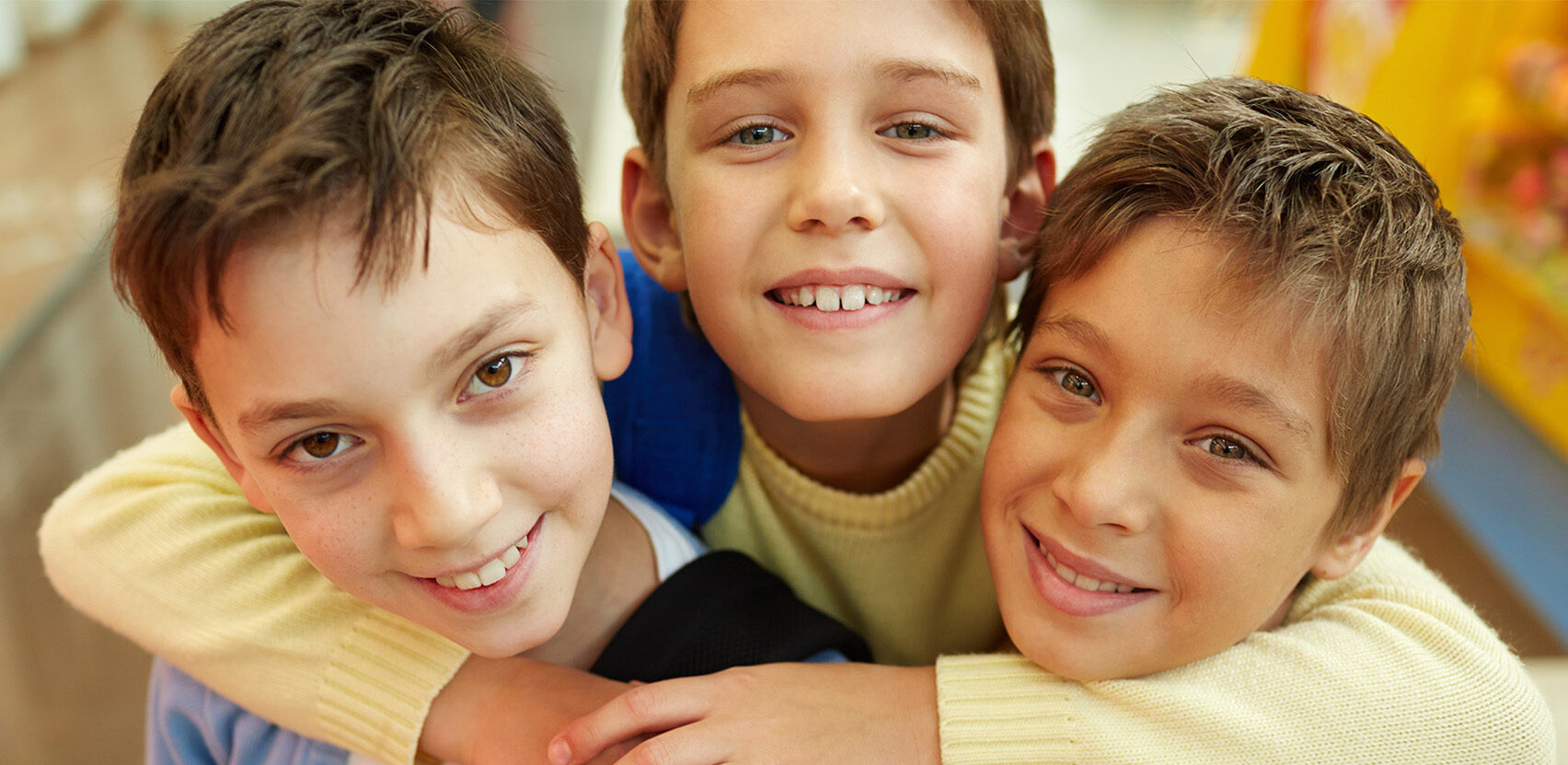Youth Mental Health
Supporting youth mental health is an investment in the future.
Adolescence is an important developmental stage and a time of many changes, establishing behaviours that set the stage for long-term health outcomes. Positive well-being during this time leads to healthier adulthood, and early-life interventions can promote better quality of life.
Prior to the pandemic, youth mental health was declining, and growing evidence — including stories from youth themselves — of the unintended consequences of the last few years is showing that youth are one of the population groups most negatively impacted, with damaging effects to their mental health. Certain groups of youth appear to be disproportionately affected and, when multiple factors collide, such as the climate crisis, Indigeneity, and structural racism, it drives poorer mental health outcomes.
While there are a number of barriers to supporting youth mental health, there are also strategies and interventions in BC that can promote youth well-being. Recent data and reports are providing the context in which we can play a role in advancing this critical area through a variety of ways, which include focusing on positive well-being, and creating protective and promotive factors through mental health promotion strategies that help youth to thrive. We can also adopt a systems- and community-based approach grounded in equity, the determinants of health, reducing stigma, supporting harder to reach populations, creating resiliency, and incorporating Indigenous perspectives of health and ways of knowing. As with much of our understanding of health, we must shift to an approach that emphasizes positive health promotion, and enable actions that focus on proactively strengthening well-being, not merely addressing deficits or illness.
Funding & investment in this area are imperative.
Key recommendations that are emerging call for a focus on increasing leadership, partnership, and collaboration from a public health and health promotion space, including the educational sector, especially in relation to positive well-being. Funding and investment in this area is imperative: more research and evaluation is needed, and development of effective engagement and knowledge translation strategies is required. Youth-led and engaged ideas are also critical — we must elevate their voices and be guided by their lived and living experiences.
The Foundation has invested in this work as a new priority area of need. We supported a Best Brains Exchange (BBE) in early 2023, that brought together experts from across BC, including youth with lived and living experience; drew upon related research and knowledge synthesis; and built a new network of cooperation and collaboration with this group, and we have already begun to tease apart evidence and recommendations.
We have also begun early work to support a better understanding and evaluation of existing interventions, and we will build upon this as we are currently working with our partners across BC. Through partnership and collaboration, we will be poised to play a role in addressing this critical area of need.
Our youth are tomorrow’s leaders who will advance social change and address crises such as toxic drug poisonings and climate adaptation. We must offer our support now, and create a healthier and more equitable future for our younger generations and for us all.
Interested in supporting this project?
By supporting this initiative, you will be helping to provide the crucial funding that is needed to implement tangible youth-focused activities and interventions that focus on promoting good mental health — for today’s generation of youth and for future generations.



